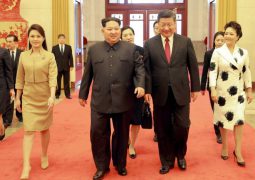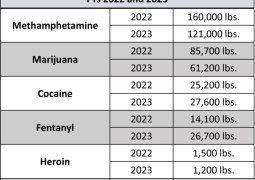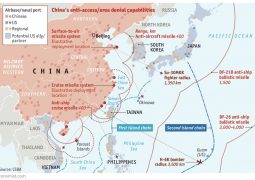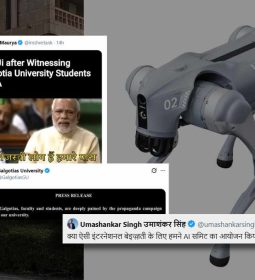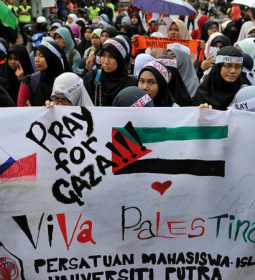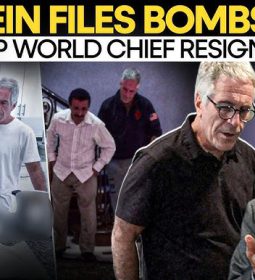OIC divisions deepen: Mahathir Mohamad: Muslim world ‘in a state of crisis’
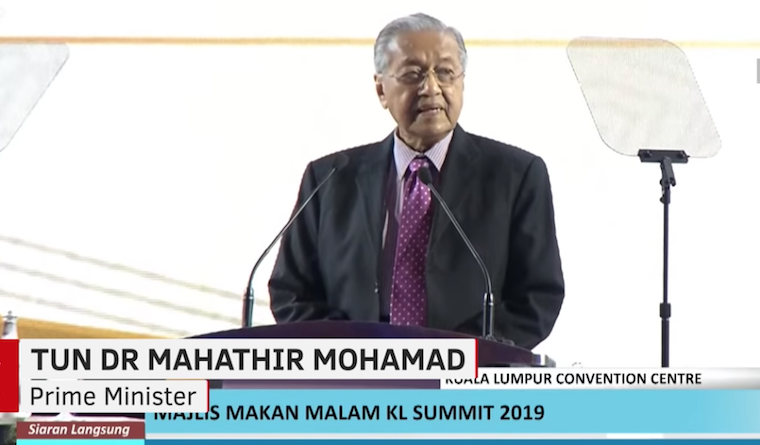
Saudi Arabia and Pakistan were notably absent from meeting of Islamic nations at the Kuala Lumpur Summit.
by Red Regencia
Kuala Lumpur, Malaysia – Malaysian Prime Minister Mahathir Mohamad said the Muslim world is in a “state of crisis” and called for “implementable” solutions as he hosted a summit of Muslim-majority countries.
Mahathir made the call to action on Thursday highlighted as well other leaders in their speeches the plight of the Palestinians under decades-long Israeli occupation.
“We all know that the Muslims, their religion and their countries are in a state of crisis. Everywhere we see Muslim countries being destroyed, their citizens forced to flee their countries, forced to seek refuge in non-Muslim countries,” Mahathir told .
The 94-year-old prime minister pointed out while other countries devastated by World War II have recovered and developed, many Muslim nations “seem unable to be governed well, much less to be developed and prosper”.
Mahathir said “fratricidal wars, civil wars, failed governments and many other catastrophes” continue to confront many Muslim countries and Islam “without any serious effort being made to end or reduce them or to rehabilitate the religion”.
But even as he sought a unified voice among Muslim-majority states to address those issues, several countries – including Saudi Arabia and Pakistan – were absent from the meeting, which is seen by some in the Muslim community as an emerging competition to the Organisation of Islamic Cooperation (OIC).
‘Divide’ feared
On Tuesday, Pakistan announced that it pulled out of the summit, citing concerns from Saudi Arabia the event could “divide” the Muslim world.
Initially, it was reported Prime Minister Imran Khan, who earlier confirmed his presence at the event, was sending Foreign Minister Shah Mahmood Qureshi to represent him. But the country withdrew altogether just two days before it started.
Indonesian President Joko Widodo, who was earlier listed as a speaker at the event, was also a no-show.
His vice president, Ma’ruf Amin, who was announced to represent him, cancelled at the last minute citing health reasons. Ma’ruf is the former supreme leader of Indonesia’s largest Muslim group, Hahdlatul Ulama.
On Thursday, Al Jazeera asked Mahathir if he received a message from the Indonesian president about Jakarta’s participation at the summit, but he waved off the question.
As for Saudi Arabia, Samsudin Osman, the summit secretary-general, earlier told Al Jazeera that Mahathir had sent a personal representative to invite King Salman to the summit. Saudi Arabia also decided to skip the event.
Osman said the summit is not meant to rival the OIC.
Khaled Meshaal, former leader of the Palestinian group Hamas, was among those who attended the summit. He told Al Jazeera the event in Kuala Lumpur is “not meant to create animosity between any nations” in the Muslim world.
Middle East ‘threats’
Meanwhile, in his opening speech on Thursday, Iran’s Rouhani blamed “serious security threats” facing the Muslim world and the Middle East in particular on the “Zionist regime” – a reference to Israel, which he said continues to impose its will on the stateless Palestinians.
Rouhani said the plight of the Palestinians remains the most important issue in the Muslim world.
Qatar Emir Sheikh Tamim expressed the same sentiment, saying the occupation of Palestine is “one of the most important sources of instability in our region”.
The annexation of Palestinian lands, illegal settlements, and the “Judaisation of Jerusalem” are examples of policies that “wipe out the Arab character of the city and provoke the feelings of Arabs and Muslims everywhere”, he said.
In a veiled criticism of Saudi Arabia, Rouhani said the “mental and behavioural radicalism” in some Muslim countries has “paved the way to foreign interventions” in the Middle East.
“The war in Syria, Yemen, and riots and turbulence in Iraq, Lebanon, Libya and Afghanistan is the outcome of the combination of domestic extremism and foreign intervention,” he said.
Calling Iran a “model of resistance”, Rouhani also urged the Muslim world to develop its own economic framework “to save it from the domination of the US dollar and the American financial regime”.
Iran’s Rouhani raised ‘serious security threats’ facing the Muslim world [Lim Huey Teng/Reuters]
He said Muslim countries can establish special mechanisms for banking and financial cooperation, and use national currencies in trading. Iran has been under US sanctions since 2018, and is barred from using the international financial system to carry out trade with other nations.
For Turkey’s Erdogan, the challenge for the summit is to “implement and execute the plans” agreed upon between the leaders present, even as he said Muslim countries “should come to terms” with their own failures, particularly in preventing conflicts in the Middle East and elsewhere.
“It is unfortunate that we are wasting our own energy on internal disputes,” he said, referring to the current situation in the Muslim world.
He said Muslim countries should not leave the fate of the 1.7 billion Muslims in the hands of Western powers, including the five member states sitting as permanent members of the UN Security Council.
“The world is bigger than five,” Erdogan said, repeating his frequent criticism of the international body’s permanent members whose veto power, he said, is harmful to smaller nations.
He said the US Security Council is “way past its expiry date”.
Nur Aldeen AlKawamleh, an Islamic scholar from Jordan and a delegate at the event, said he hopes the summit will deliver alternative solutions to issues not addressed by the OIC.
The messages delivered reflect some criticism towards the OIC, he said, adding he sees the emergence of a “new coalition” of like-minded countries to address issues in the Muslim world.
Ahmad Farouk Musa, a professor at Monash University in Kuala Lumpur, also attended the summit.
He blamed Saudi Arabia for being a proponent of sectarianism in the Muslim world, and for showing its opposition to the summit, which tries to bring different voices into the debate.
“We have seen how this sectarianism destroyed the fabric of unity among Muslims. And to me, the main proponent sectarianism in the Muslim world is none other than the Saudis and their virulent ideology,” Farouk Musa said.
Saudi Arabia’s animosity towards the summit was because of the “presence of the Iranian leader”, Rouhani, he said.
With additional reporting by Manar al Adam
- Previous Goldman Sachs in talks to pay $2bn fine to settle 1MDB probe-WSJ
- Next Iran says it opposes US-Taliban talks



